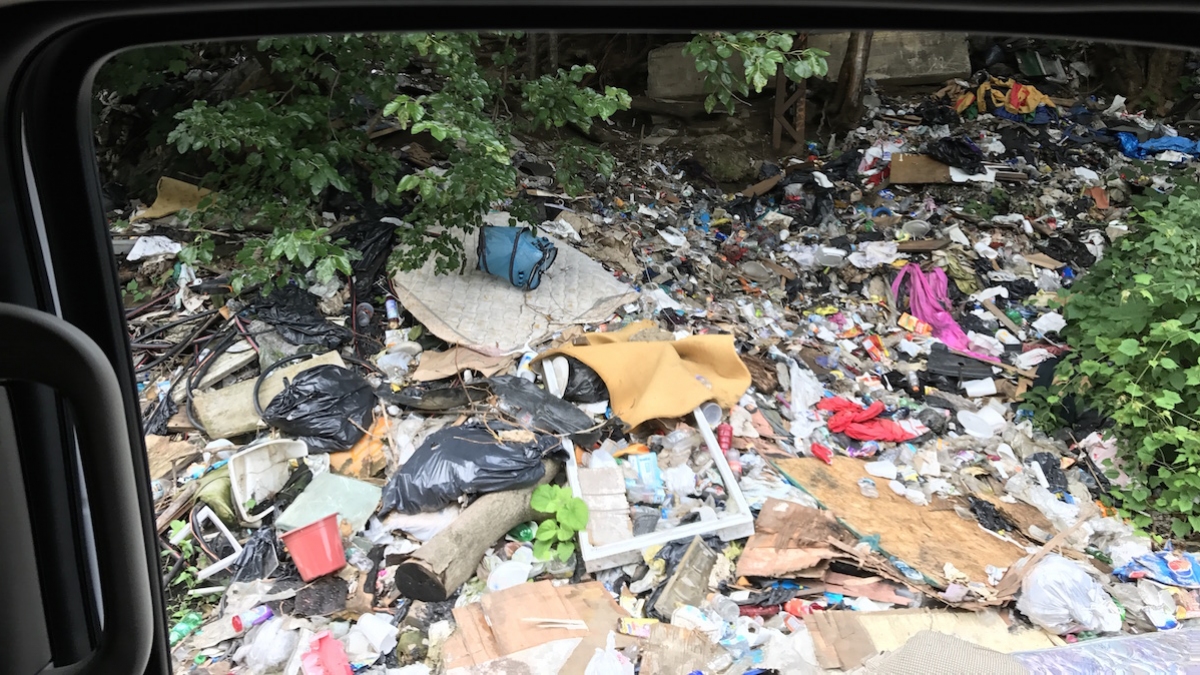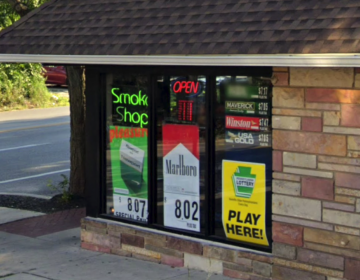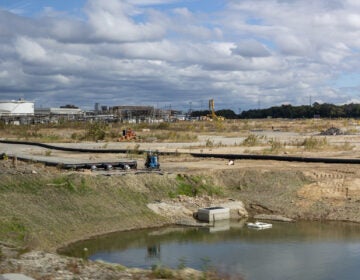July 31: Alternative housing | Rust Belt immigration | Pre-grid

Alternative housing—“digital nomads, boom-mates, tiny houses and microapartments, co-housing and co-living, and even Airbnb” will soon be the new normal, argues the Philadelphia Citizen’s Diana Lind. To keep up with contemporary society and today’s real estate market, Lind calls for the government to shift from traditional approaches to housing affordability—new construction, tax incentives, rent caps, and inclusionary zoning—and find ways to take these emerging “models that right now primarily reward wealthy, educated people and distribute them to everyone.”
Indeed, the stand-alone single-family house has suffered a slow and steady death, according to a 1964 issue of Progressive Architecture. Inga Saffron highlights the magazine’s feature on West Philadelphia’s University Mews, a modernist approach to the traditional rowhouse that sought to provide affordable housing and fight sprawl. The private project, completed in 1962, has a sociable layout; brick-lined streets that offered shared space for pedestrians and automobiles, lush greenery that soften defensive design elements, and simple, compact units. To entice middle-class buyers and stabilize the neighborhood, the “federal government even offered 90 percent financing for the houses.”
Philadelphia and Conrail start work today to clean up a notorious heroin encampment in Kensington and Fairhill, WHYY’s Joel Wolfram reports. The city is deploying mobile trailers to create temporary health care and social services hubs for displaced drug users while police officers comb the corridor “ahead of cleanup crews to remove anyone who remains before brush-cutting machines and excavators arrive.”
Grapple episode 14: Immigration and the Rust Belt. Unauthorized workers in Philadelphia and Hazelton share their stories and challenges in working and living in Pennsylvania on the Keystone Crossroads podcast. Hazeltown made national news 10 years ago, when the mayor passed the Illegal Immigration Relief Act, which was challenged by the ACLU in court and deemed unconstitutional.
Well before we went ‘off the grid,’ we were ‘pre-grid.’ Morris Arboretum’s Tony Aiello, contributing to Hidden City Philadelphia, meanders down the “awkward, angled intersections” and eccentric side streets that mark the ebbs and flows of a changing city. These early roadway fragments, Aiello writes, preserve the history and evolution of the broader urban landscape.
WHYY is your source for fact-based, in-depth journalism and information. As a nonprofit organization, we rely on financial support from readers like you. Please give today.







